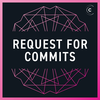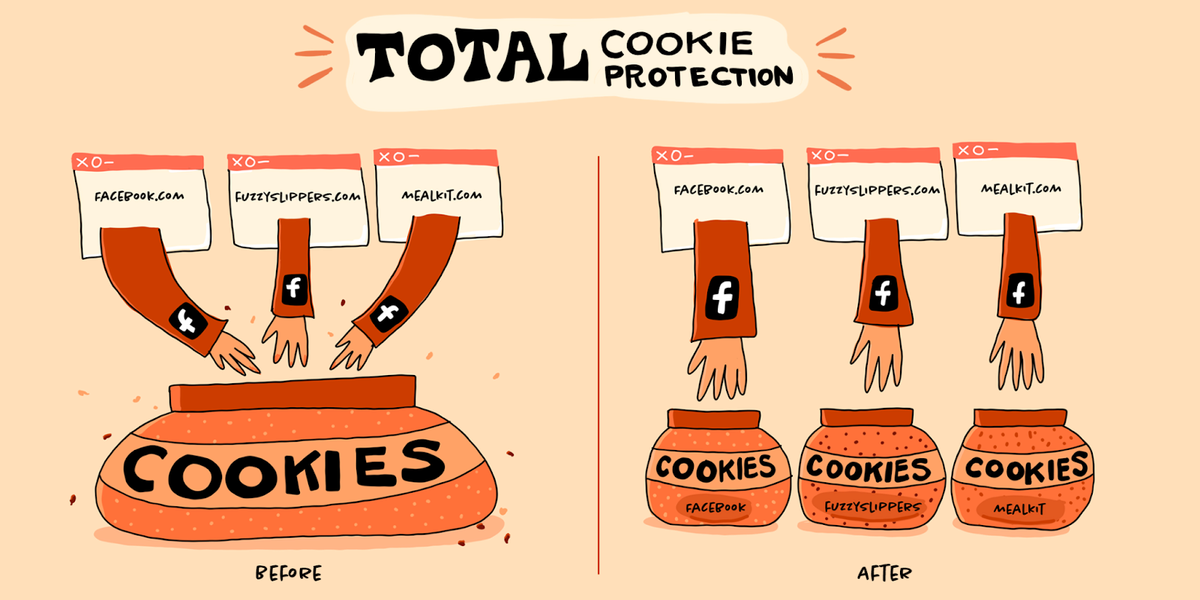Examining capitalism's chokepoints
This week we’re talking with Cory Doctorow (this episode contains explicit language) about his newest book Chokepoint Capitalism, which he co-autored with Rebecca Giblin. Chokepoint Capitalism is about how big tech and big content have captured creative labor markets and the ways we can win them back. We talk about chokepoints creating chickenized reverse-centaurs, paying for your robot boss (think Uber, Doordash, Amazon Drivers), the chickenization that’s climbing the priviledge gradient from the most blue collar workers to the middle-class. There are chokepoints in open source, AI generative art, interoperability, music, film, and media. To quote Cory, “We’re all fighting the same fight.”
Matched from the episode's transcript 👇
Cory Doctorow: So we need to think about where the high switching costs come from, and we need to acknowledge that they are a mix of two things. One is countermeasures… So think about that weekend where Twitter said “If we find a Mastodon handle in your bio, or in your stream, we’ll suspend you from the service.” That’s like a technical countermeasure. But then there’s like the legal countermeasures. Because you could just write a bot to scrape Twitter and figure out links to Mastodon, just like make it happen. A bunch of people do that with the API right now, but the API keeps getting nerfed… And so you could do it without the API. You can just do it manually, with like a bit, with a scraper.
And in fact, if there was the potential for a bot to be built without a legal remedy, without being able to go in and say, “Hey, you’re violating the Computer Fraud and Abuse Act. It’s a felony”, blah, blah, blah, when they contemplate nerfing the API, they would have to go “Ah, are we gonna have to pay like 100 engineers to fight bots now? Because they’re all just going to switch over from using the API to using bots. Are we going to have this unquantifiable risk that arises from having to just take scarce engineering resource and devote it to fighting on the blue team, where we have to be perfect and they just have to find one mistake we’ve made? Because we can’t sue them”, because we’ve withdrawn the legal protection that would allow Apple to stop you from doing Apple what Apple did to Microsoft.
So this is why in both Chokepoint Capitalism and “The Internet Con” I get into a lot of detail about what legal reforms would allow technologists to do good, and what new law, like privacy law would stop them from doing evil. Because it’s true, bots and scraping stuff - they can do bad privacy stuff. The answer to that isn’t to say to Facebook, “Hey, guess what? You have unlimited power to wield the state, to wield its courts to stop anyone from doing anything you dislike, because we’re going to use you as our deputies to figure out when someone’s privacy is being invaded.” I mean, just think for a moment of the irony of putting Facebook in charge of deciding when someone’s privacy is being violated. And instead, we would say, “Hey, we have this democratically accountable yardstick that says “This is a privacy-invasive behavior, and these things are not. And if you’re doing this, and you’re an inter-operator, you’re on the side of the law. And if you’re doing that and you’re an inter-operator, you’re violating the privacy and we’re going to come after you, not for interoperating, but for doing something that violates people’s privacy. Not for making shareholders of Facebook sad, but for doing something that harms the public.”







